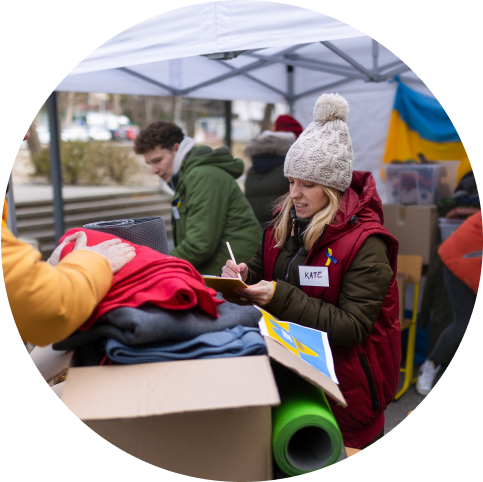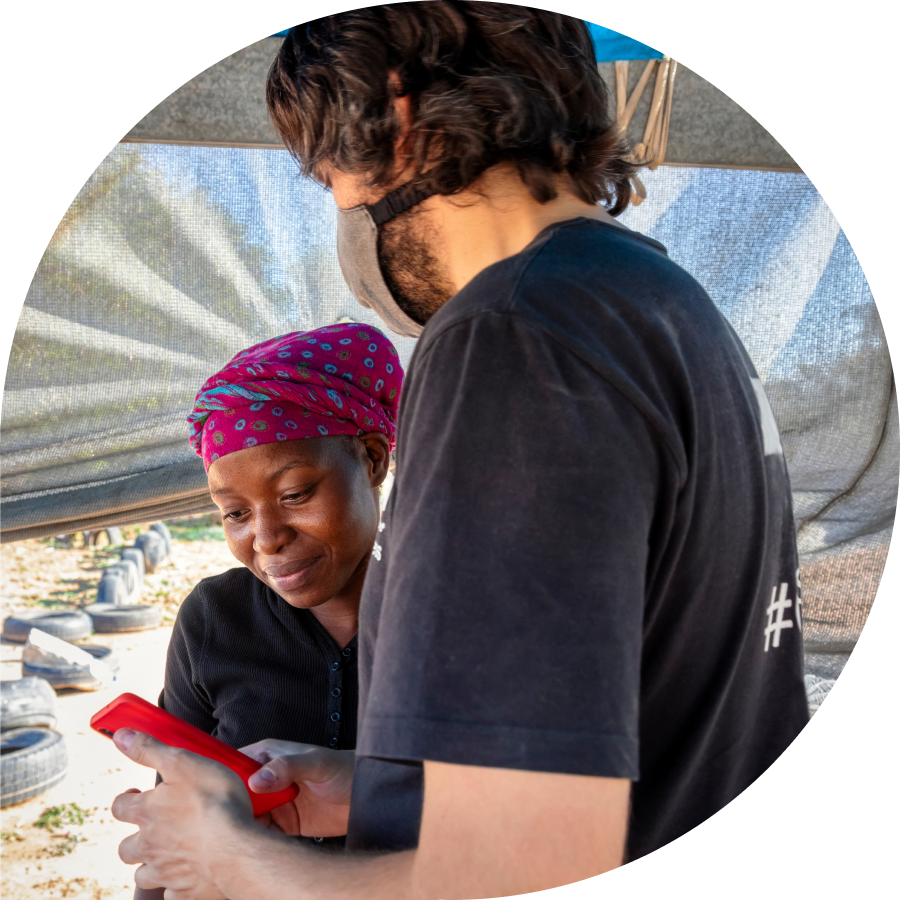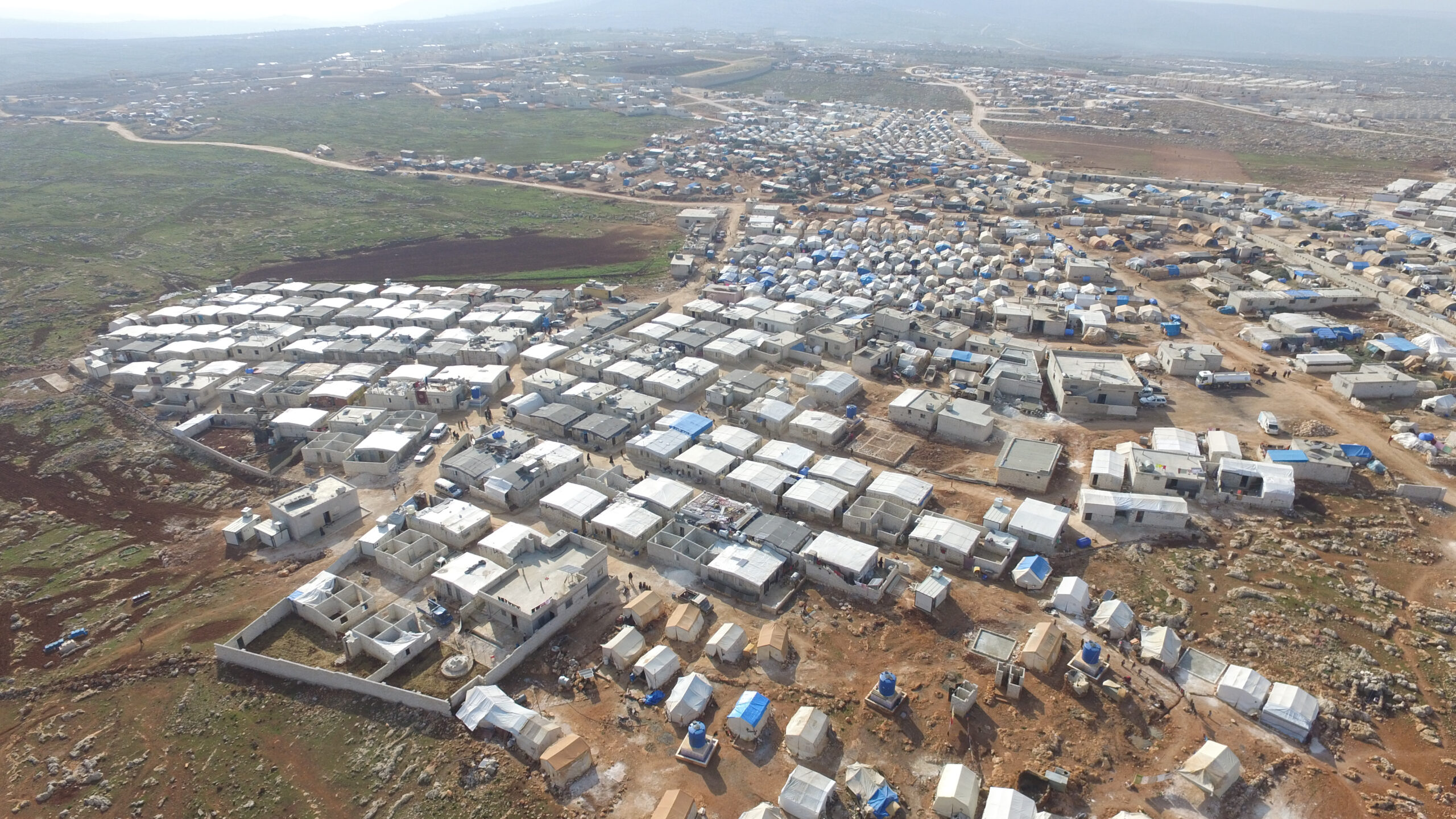Privacy Preserving Access

Fragmented Registration
Displaced people are asked to register multiple times with different organizations, repeating the same information again and again. This creates frustration for communities and slows the delivery of vital services.

Data Duplication and Privacy Risks
Every agency keeps its own records, often storing the same personal data in separate systems. The lack of secure interoperability leads to inefficiency and increases the risk of accidental data exposure.

Inefficient Cash Delivery
Without shared systems of trust, payments move slowly through fragmented channels. Resources are delayed, tracking is inconsistent, and organizations spend more time verifying data than helping people.
Onboarding not Registration
1. Privacy-Preserving Registration
Humanity Link builds digital systems where displaced people can onboard once and carry their verified information with them. Using privacy-preserving cryptography, individuals hold their own digital credentials and decide what they share, ensuring protection and continuity across borders and agencies.
2. Secure Verification and Coordination
Instead of passing around sensitive records, organizations verify eligibility through encrypted proofs that confirm trust without exposing data. This creates a shared foundation for coordination so agencies can deliver aid faster, safer, and with complete transparency.
3. Direct Digital Payments
Through stable, blockchain-enabled group wallets, communities receive assistance directly and collectively. Each payment is traceable and instant, reducing administrative costs while empowering groups — especially women-led VSLAs — to save, invest, and build local resilience.
Secure, transparent, sovereign, identity

Humanity ID
Secure, transparent, sovereign, identity
At Humanity Link, identity is not something given — it’s something carried. We design systems that allow people in displacement to hold and manage their verified information privately, deciding what to share and with whom. This approach turns identity from an administrative record into a trusted, portable connection between people and the services that support them.
Universal access to markets and services

Access Link
Universal access to markets and services
Our platform strengthens both service delivery and local trade by connecting verified identities, organizations, and communities in a single trusted network. Agencies can instantly verify eligibility and deliver healthcare, education, or financial support without re-registration, while communities can exchange goods, skills, and services within that same ecosystem. This model enhances access, transparency, and economic participation—turning displacement sites into connected, resilient marketplaces where people are active participants, not passive recipients.
Service Delivery and Community Trade

Exchange Link
Service Delivery and Community Trade
Our platform strengthens both service delivery and local trade by connecting verified identities, organizations, and communities in a single trusted network. Agencies can instantly verify eligibility and deliver healthcare, education, or financial support without re-registration, while communities can exchange goods, skills, and services within that same ecosystem. On and off ramping of cash for payments and investments is done seamlessly. This model enhances access, transparency, and economic participation—turning displacement sites into connected, resilient marketplaces where people are active participants, not passive recipients.